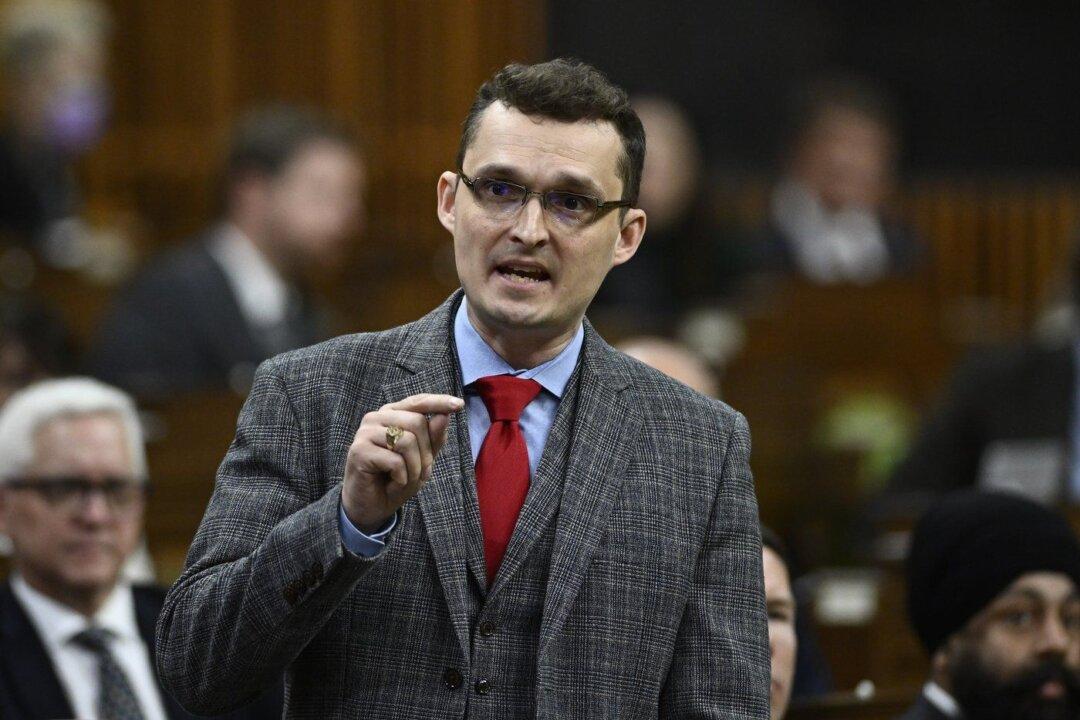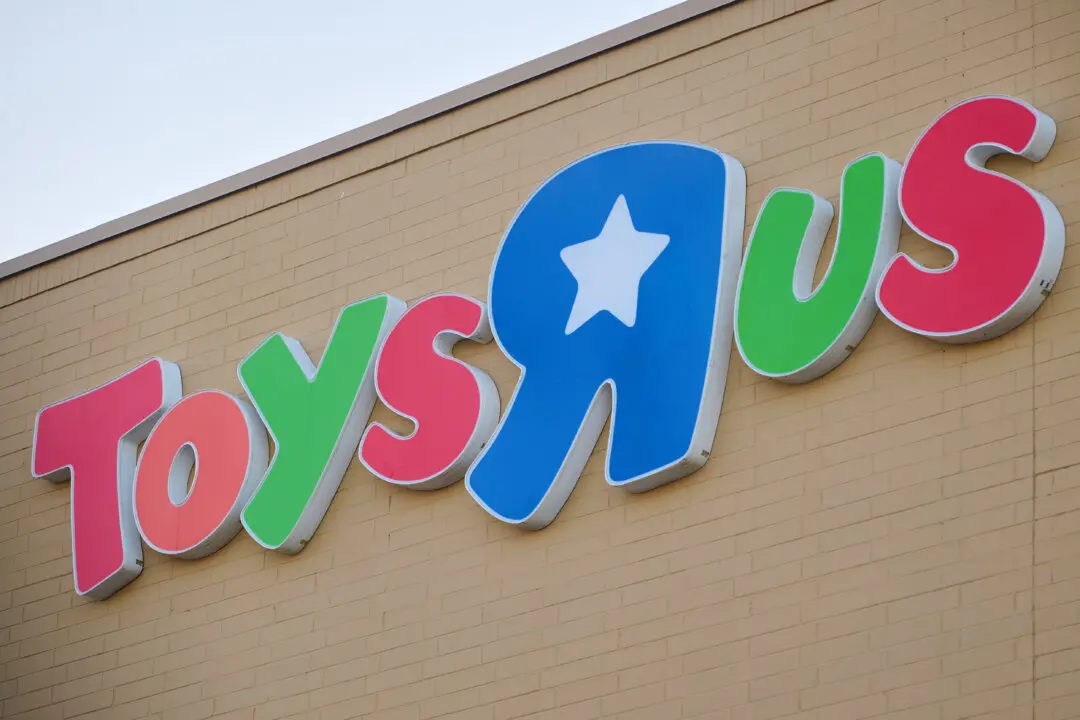The moment Suzanne Bitye was handed her citizenship certificate Friday, she pulled it toward her heart and held it there for a moment with a broad smile on her face.
The ceremony in which Bitye pledged her allegiance to Canada was held in a windowless room in the bowels of a government building in Ottawa, with grey walls and a grey carpet.





